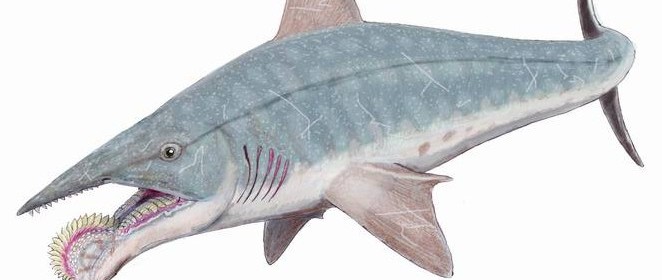Scientists discover fundamental property of light – 150 years after Maxwell

Scientists have shed light on light. Taras Mykytyuk/Flickr, CC BY-SA
By Clive Emary, Lecturer in Physics
Light plays a vital role in our everyday lives and technologies based on light are all around us. So we might expect that our understanding of light is pretty settled. But scientists have just uncovered a new fundamental property of light that gives new insight into the 150-year-old classical theory of electromagnetism and which could lead to applications manipulating light at the nanoscale. Read more







